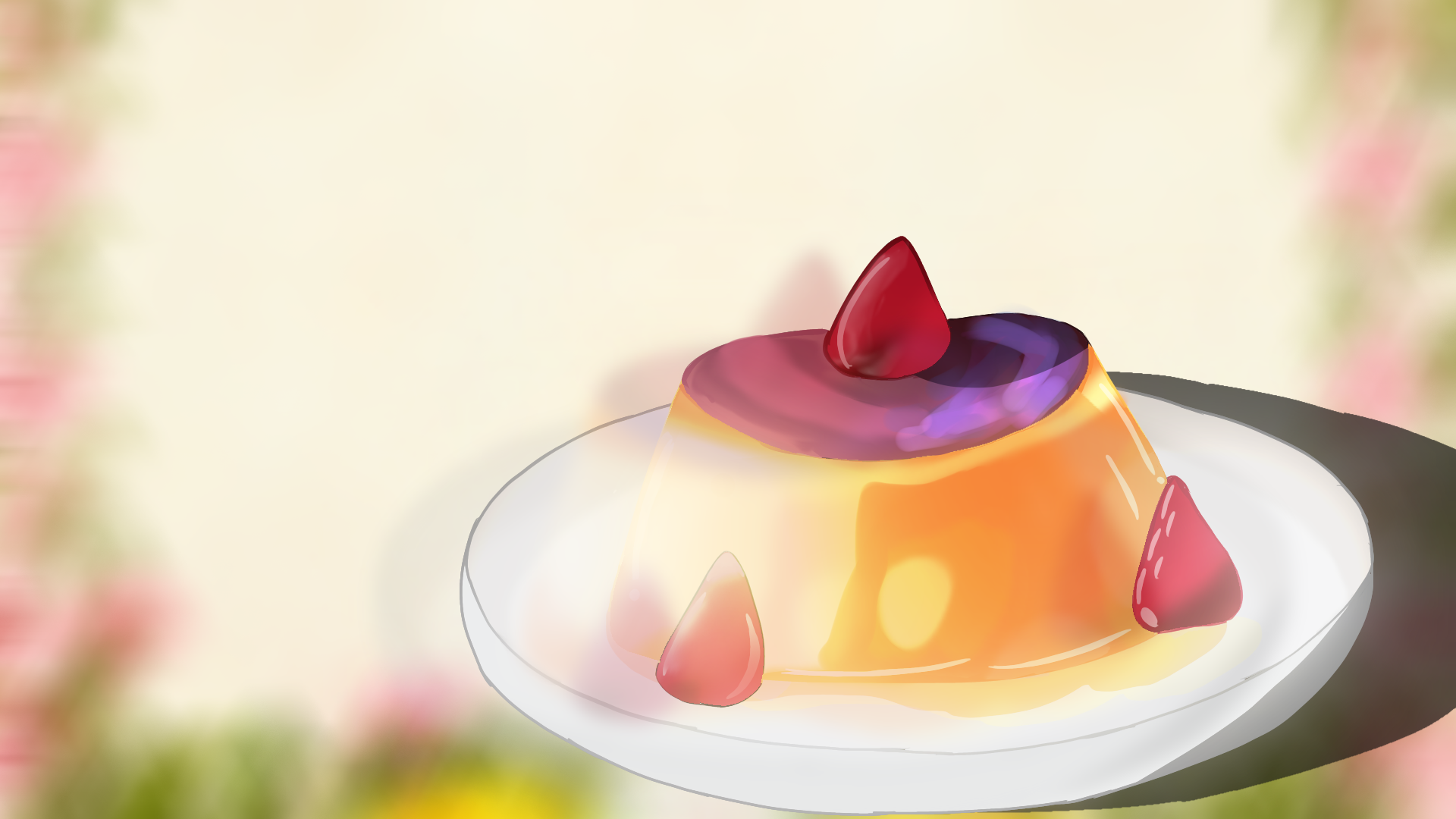What is your favourite food? Picture that food in your head. Now imagine having that food right this second. Think about how it smells, how it tastes, and how it feels in your mouth. Imagine waiting in line for it and seeing others eat it before you, and think about what it would be like to eat it after all those hours of waiting.
You see that shiny, sparkling glow hovering over that freshly made food. You see it come out in slow motion and hear holy music playing in your ears as your dish arrives. Now, are you feeling hungry? If you are, have you ever wondered why? Why are you suddenly feeling so hungry after imagining food? The reason is that there’s a hormone produced in your stomach called ‘ghrelin’. Continue reading this article and learn more about what makes you feel hungry and why.
‘The hunger hormone’ commonly known as ghrelin (pronounced as ‘grel-in’) or sometimes called lenomorelin is a hormone that stimulates appetite, increases food intake and helps your body store fat.
The hormone is produced in your gut and is secreted when your stomach is empty or mostly empty. Small amounts of ghrelin are also released in other parts of your body like your small intestine, pancreas and brain. Ghrelin travels through the bloodstream and signals the part of your brain called the hypothalamus which helps regulate your hormones and appetite. Its main function is to make you feel hungry so you can increase food intake, take in more calories and store fat. The higher your levels of ghrelin, the hungrier you get and the lower your levels of ghrelin, the more full you’ll feel and the easier it is to eat fewer calories. Ghrelin levels are usually the highest right before mealtimes, it is also released in greater amounts when you take in visual stimuli. That is why you may feel hungrier after seeing food in an advertisement.
In the past this hormone has played a role in survival by helping people maintain a moderate level of fat. Our early ancestors had to scavenge across Earth to find food and when they did find it, they would eat as much as they could knowing they may not find another food source for a long time. Ghrelin helped increase their appetite whenever they found something edible, which is one of the reasons humans were able to survive.
But as humans can find food much more easily now, ghrelin isn’t as important as it was in the past. Researchers link this hormone to obesity problems as it simply makes you hungry when you’re not actually hungry. On the other hand, if you have difficulty gaining weight or you are under-eating, higher ghrelin levels may help you consume more food and calories.
How much you eat and what you eat can affect your ghrelin levels, by practising good lifestyle habits, you can keep ghrelin and your other hormone levels healthier. For example:
- Maintaining a stable and moderate weight, try to avoid diets where you gain and lose weight frequently.
- Eating a diet high in healthy carbohydrates, such as whole grains and lean proteins, like chicken or fish
- Limiting processed foods, especially foods high in sugar e.g. high-fructose corn syrup and salt.
- Prioritising sleep, try to sleep at least seven to eight hours nightly.
- Staying hydrated by drinking plenty of water and eating water-filled foods such as fruits and vegetables.
- Controlling your stress responses as stress may increase ghrelin.
(Source: Healthline:Ghrelin Cleveland Clinic)
So if you were ever wondering why you’re hungry, it’s because of this hormone called ghrelin. Now don’t forget to stay hydrated, eat healthy and touch some grass!
Written by Kelly Li and edited by Adelina Jones. Published on 3/7/2023. Art by Emma Li.


